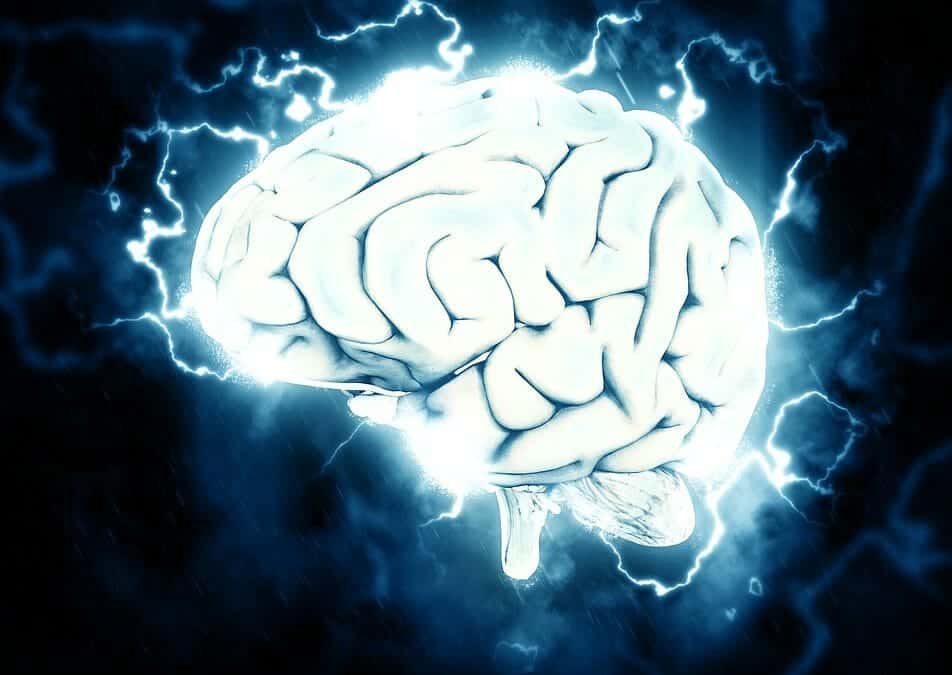Understanding and Recovering from Traumatic Brain Injury After an Accident: Symptoms, Support, and Strategies
Facing a traumatic brain injury after an accident brings a host of questions and concerns. What are the symptoms, and what does the recovery process entail? This article answers your pressing questions and helps you navigate the aftermath of a traumatic brain injury after an accident with clear, practical guidance.
Most often after minor car accident and work injuries, our office sees clients with mild TBI or post-concussion syndrome. However, more serious accidents can result in more significant brain injuries. Traumatic brain injuries can frequently result in a multitude of disorders over the long-term, including personality and intellectual changes, delirium, mood disorders, psychotic disorders, anxiety disorders, as well as aggressive disorders. Additionally, TBIs can cause sexual dysfunction and be the catalyst which causes alcohol and drug disorders. Traumatic brain injuries affect patients differently depending on their age and can also negatively impact the family system.
Mike Ritchie discusses TBI after an accident in the video below. Check it out:
Key Takeaways
- Traumatic brain injuries (TBIs) cover a wide spectrum of severity and can result from various causes such as accidents, falls, or violence, with both immediate and long-term effects on functions ranging from motor skills to cognitive abilities.
- Immediate response to a suspected TBI is critical, including emergency medical care to maintain brain health and prevent further injury, with subsequent diagnostics like CT scans and the Glasgow Coma Scale guiding treatment strategies.
- Long-term management of TBI involves addressing lasting cognitive and emotional impairments, establishing preventive measures against secondary injuries, and utilizing support networks and resources for patients and families during the healing process.
Understanding Traumatic Brain Injury (TBI) Post-Accident
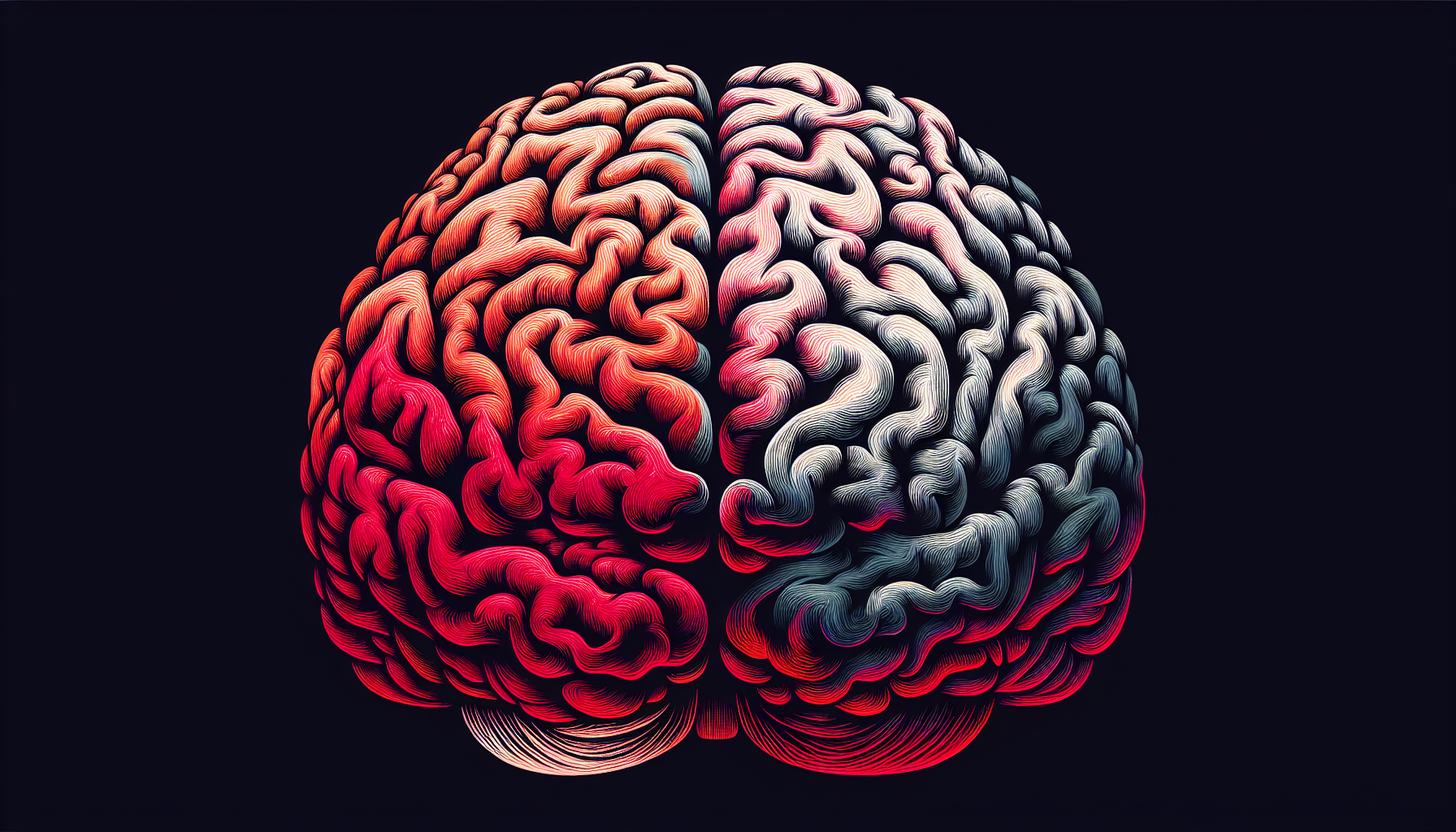
Traumatic brain injuries are the unseen wounds that emerge from the most unexpected of circumstances. Whether due to motor vehicle accidents, falls, or violence, these traumatic brain injuries caused by an external force jar or damage the brain. Most often after minor car accidents and work injuries, the Ritchie Law Firm sees clients with mild traumatic brain injury tbi or post-concussion syndrome. However, a more serious injury can result in more significant brain injuries.
The spectrum of TBIs encompasses both closed brain injuries, which do not penetrate the skull, and penetrating brain injuries, where an object breaks through the skull and harms the delicate brain tissue. With such diversity in causation and type, TBIs present a challenging landscape for both medical professionals and those affected by them.
Traumatic brain injuries can frequently result in a multitude of disorders over the long-term, including personality and intellectual changes, delirium, mood disorders, psychotic disorders, anxiety disorders, and aggressive disorders.
Gaining an understanding of the nature of a traumatic brain injury (mild tbi) paves the way for recovery. It is important to distinguish between a mild traumatic brain injury, which might result in a brief change in mental status or consciousness, and a severe traumatic brain injury, which could potentially lead to long-term complications or permanent brain damage. Traumatic brain injuries affect every patient differently depending on their age and can also negatively impact the family system.
Identifying Symptoms of TBI
From physical impairments to cognitive disruptions, traumatic brain injury symptoms can present a complex matrix of challenges. A mild traumatic brain injury may be subtle, with symptoms like headaches, nausea, or trouble with memory and concentration. On the other hand, moderate to severe TBI can escalate these issues to include severe headaches, vomiting, and changes in consciousness, signaling more significant brain damage.
Traumatic brain injuries can present differently in younger populations, especially infants and toddlers, with symptoms like changes in nursing habits or persistent crying. This variability in symptoms emphasizes the need for careful observation and swift medical evaluation after any head injury.
Often, TBI sufferers experience may also experience personality changes, impairments to their judgment, exhibiting childlike behavior, and anxiety disorders as a result of their head injury.
The Mechanism of Injury
The forces that lead to head injuries, such as traumatic brain injury, often occur very suddenly. A sudden blow, a violent jolt, or an object piercing the brain tissue are all mechanisms that can disrupt the delicate network within our skulls. Such traumatic forces can cause a coup-contrecoup injury, where the brain is bruised as it slams into the opposite side of the skull, or a diffuse axonal injury, tearing the long, fragile nerve fibers that connect different brain areas. These injuries not only damage the physical structure of the brain but can also impede its functions, altering everything from motor skills to personality.
Immediate Steps After Suspecting a TBI
When a TBI is suspected, time is of the essence. The immediate aftermath of a head injury is a critical window where actions taken can significantly influence outcomes. Calling emergency services and providing the right care until they arrive can be life-saving. This means minimizing movement to prevent further injury, especially if a spinal cord injury is a concern, and applying firm pressure to any bleeding.
Emergency medical care for TBI revolves around:
- Maintaining adequate oxygen and blood flow to the brain
- Keeping blood pressure within a range that supports brain health
- Prevention of secondary injuries, such as additional concussions
Diagnostic Journey: Unveiling the Extent of Brain Damage
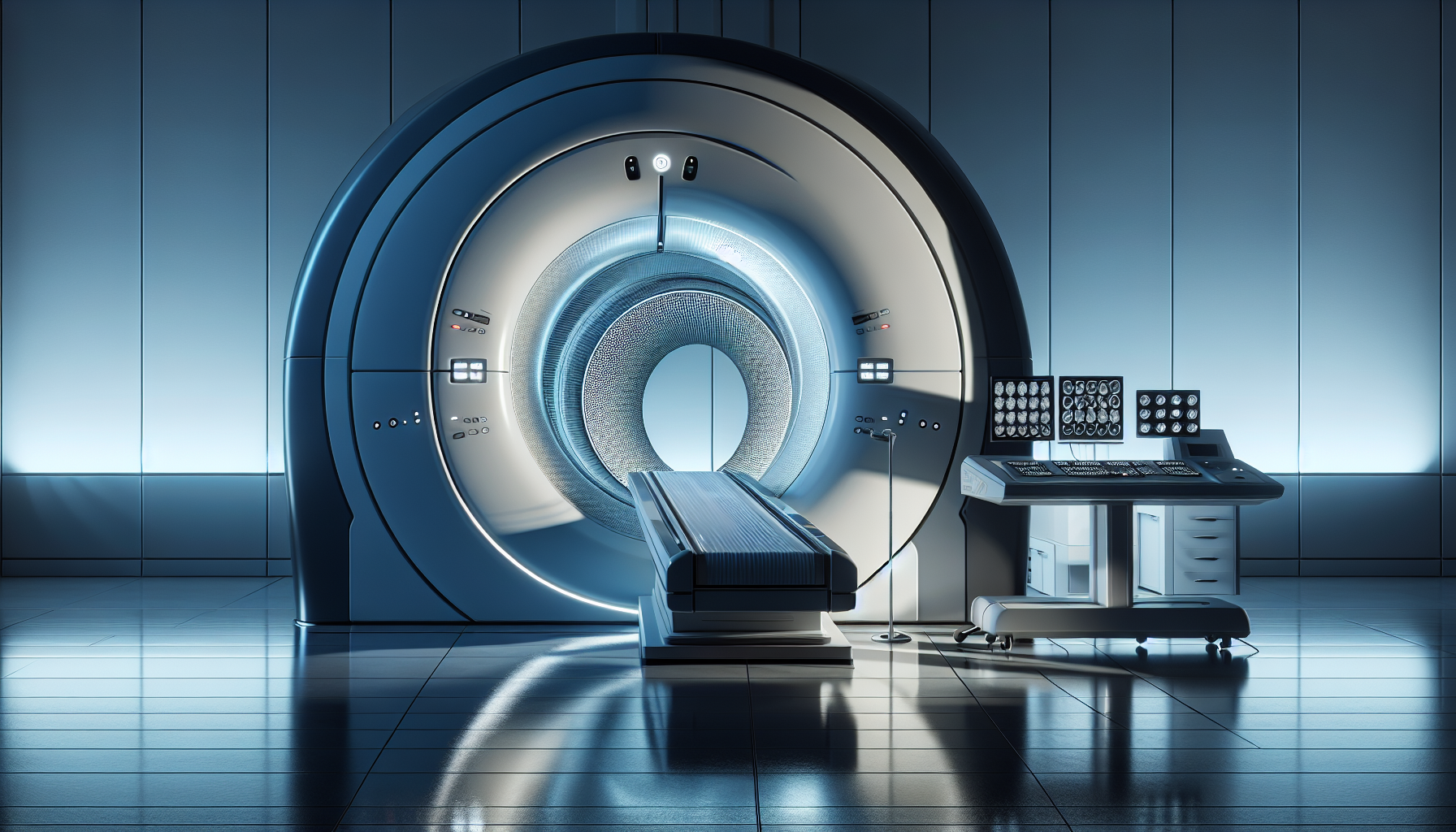
Peeling back the layers to understand the extent of brain damage after a traumatic brain injury is a complex process. The diagnostic journey often begins with a CT scan, a powerful imaging test that can quickly identify fractures, hematomas, and swelling in emergency settings. As the patient’s condition stabilizes, an MRI may provide a more detailed view, revealing injuries to brain tissue and offering insights into the impairment of brain functions, including the impact on brain cells.
Glasgow Coma Scale: Assessing Severity
A critical tool in this diagnostic arsenal is the Glasgow Coma Scale (GCS), a simple yet profound method for assessing the severity of a brain injury. By evaluating motor responses, verbal performance, and eye-opening, the GCS provides a snapshot of the patient’s level of consciousness. The scale ranges from mild to severe, categorizing TBIs to aid clinicians in treatment decisions. While the GCS can be applied to patients who are conscious, it is also an essential tool for gauging the depth of consciousness reduction, even in those who have not lost consciousness completely.
Treatment Options for Traumatic Brain Injury
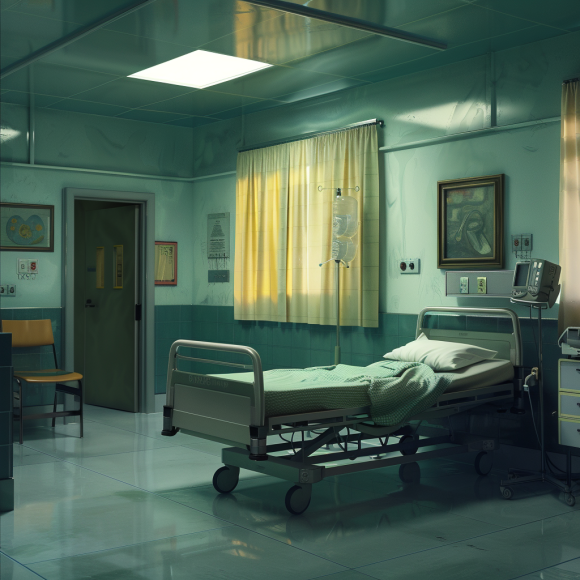 Once the extent of a traumatic brain injury is understood, an array of treatment options unfolds. For minor cases, rest and pain relievers may suffice, while moderate to severe cases may require emergency care, surgical intervention, or even long-term rehabilitation. Surgery may be necessary to address blood clots, repair skull fractures, or relieve pressure from swelling, providing a direct response to the physical damage caused by a TBI.
Once the extent of a traumatic brain injury is understood, an array of treatment options unfolds. For minor cases, rest and pain relievers may suffice, while moderate to severe cases may require emergency care, surgical intervention, or even long-term rehabilitation. Surgery may be necessary to address blood clots, repair skull fractures, or relieve pressure from swelling, providing a direct response to the physical damage caused by a TBI.
Medications and Critical Care
In the realm of critical care, managing a TBI extends beyond surgery. Medications play a pivotal role, from diuretics to reduce brain swelling to anti-seizure drugs that prevent additional complications. Intracranial pressure monitoring is a cornerstone of care for severe TBI cases, guiding the medical team as they navigate the delicate balance of the brain’s environment. For those with refractory intracranial hypertension, more aggressive treatments like prophylactic hypothermia may be considered, although their efficacy continues to be explored.
Rehabilitation Strategies
Rehabilitation following a traumatic brain injury is a complex undertaking. A team of dedicated professionals, ranging from:
- neurologists
- speech therapists
- occupational therapists
- physical therapists
- psychologists
- social workers
The overarching goal is to restore the highest level of function and independence possible, enhancing the patient’s quality of life in all dimensions. Since TBI can affect a variety of cognitive skills, cognitive rehabilitation therapy becomes an integral part of this journey, helping patients rebuild the mental faculties that have been compromised.
Long-Term Effects and Management of TBI
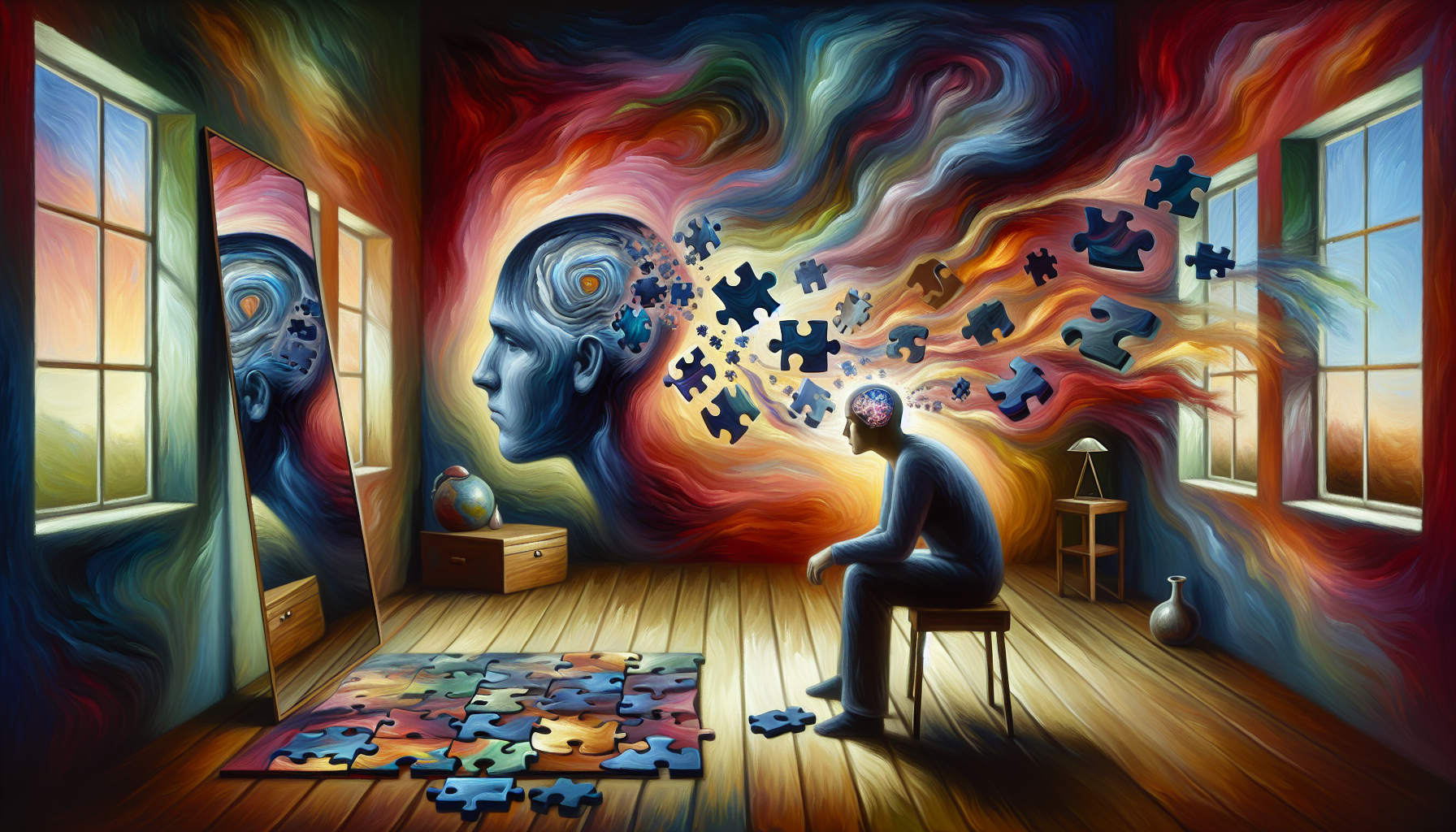
The journey of a traumatic brain injury patient often extends well beyond the initial treatment. Long-term effects can persist, manifesting as cognitive impairments that disrupt everyday activities or emotional changes that alter one’s sense of self. These lasting consequences require ongoing management, which may include medication, psychotherapy, and structured activities designed to address specific challenges.
Dealing with the long-term effects of TBI involves:
- Medical treatment
- Shaping a lifestyle that adapts to the changes imposed by the injury
- Striking a balance
- Fostering a supportive environment conducive to healing.
Coping with Behavioral and Emotional Changes
One of the most profound impacts of a traumatic brain injury can be the emotional and behavioral changes that accompany it. Individuals may face difficulties with:
- Emotional regulation, experiencing heightened emotions or struggles with adjusting to a new reality
- Adapting to changes in independence and societal roles
- Communication problems, affecting the ability to connect with others and express oneself effectively
The emotional aftermath of TBI can involve intense feelings and the challenge of adapting to changes in independence and societal roles. Communication problems are also common, affecting the ability to connect with others and express oneself effectively.
Preventing Secondary Injuries
Amidst the long-term management of a traumatic brain injury, preventing secondary brain injury is a priority. Monitoring vital signs and ensuring the patient’s stability is crucial to ward off further complications.
Support Systems and Resources
Recovery from a traumatic brain injury is not a journey made alone. A myriad of support systems and resources are available to assist TBI patients and their families as they navigate the complexities of recovery. Online communities such as ‘TryMunity’ and ‘Hope After Head Injury’ offer spaces for sharing experiences and advice, while the Smart Patients Brain Injury Discussion Forum is a place for in-depth discussions about treatments and symptoms.
Support groups are as diverse as the individuals they serve, catering to survivors, caregivers, and various demographics, each providing a supportive space to heal and grow. Organizations like the Brain Injury Association of America further enrich the support landscape with educational opportunities and events, ensuring that no one has to face the aftermath of a brain injury alone.
Prevention Tips to Avoid Future TBIs
While recovery is paramount, preventing future traumatic brain injuries is equally critical. Simple actions can make a profound difference, such as:
- consistently wearing seat belts in vehicles
- using helmets during high-risk activities
- steering clear of impaired driving
- ensuring safety within the home, from removing tripping hazards to securing rugs
Implementing these preventative measures goes beyond merely avoiding harm; it promotes a culture of safety that values and safeguards our most vital organ—the brain.
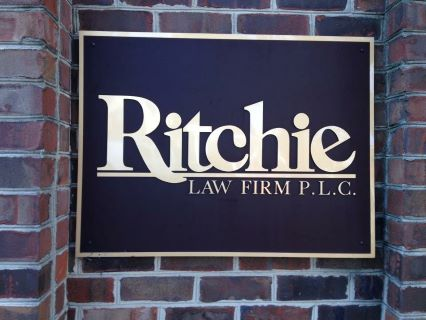 Talk With a Virginia Traumatic Brain Injury Lawyer
Talk With a Virginia Traumatic Brain Injury Lawyer
If you or a loved one suffered a traumatic brain injury as a result of an accident in Virginia, the Ritchie Law Firm is here to help. The experienced, certified attorneys at the Ritchie Law Firm have helped thousands of injured victims and their families get the compensation they deserve after an accident. Contact us by phone at 540-433-6124 or by using our online contact form.
When Your Health And Family Are On the Line
We Go Into BATTLE for you!
You can talk to us for FREE.
Call today 540-433-6124, fill out the form below or
download our free ebook in the side panel
540-433-6124
Ritchie Law Firm is a personal injury law firm devoted to helping people who have suffered serious and catastrophic injuries or lost a loved one as a result of someone else’s negligence. Ritchie Law Firm serves all of Virginia, while helping clients in cities and surrounding areas of Harrisonburg, Charlottesville, Staunton, and Winchester and also serves clients in West Virginia, including Martinsburg, WV.

